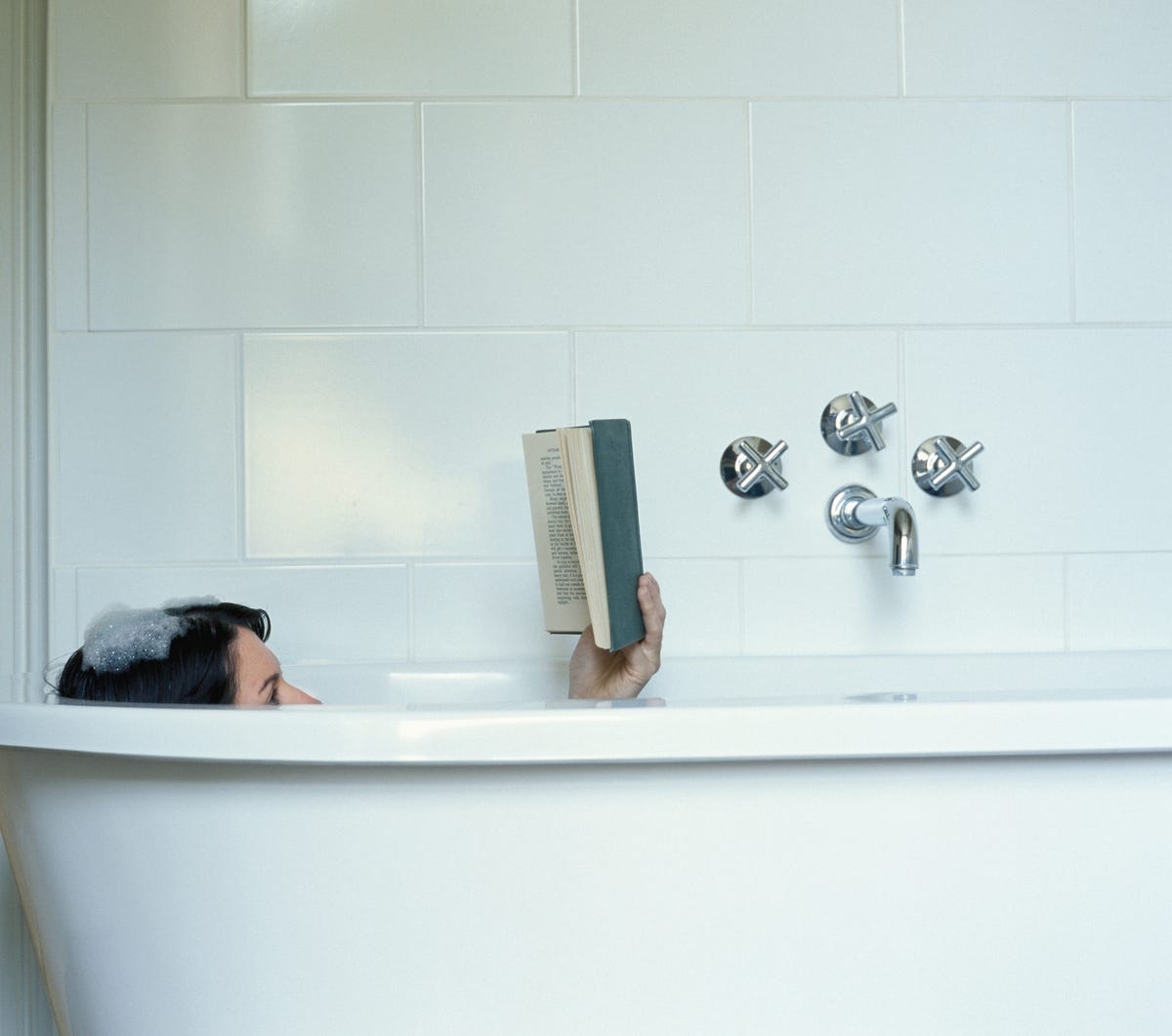Halloween is all about the spooky fun, creative costumes, and, of course, the perfect excuse to have all of your favorite sweets. But after indulging in your stash of sweets, you might experience what is known as a sugar rush, which can be detrimental to your sleep. But no need to let those sugar-fueled jitters haunt your sleep. We’ve got a few tricks to prevent those treats from letting you get a good night’s rest.

For more help falling asleep, here are six ways to doze off quicker and how to tackle anxiety at night.
How does sugar affect sleep?
A 2022 study found those who eat high amounts of sugar can experience restlessness and less deep sleep at night. Sugar and high-fructose corn syrup found in candy can also significantly increase blood sugar levels, giving you what feels like a rush of energy that makes it more challenging to drift off to sleep.
Sugar can also delay your body’s natural melatonin production, a hormone that plays a role in your sleep-wake cycle and promotes sleepiness. As a result, your late-night sweet tooth can be a big disruptor for you or your kid’s bedtime.
How to sleep better after having too much sugar
Eat protein or healthy fats with your sweets
When you’re having a sweet tooth, pair your sweets with a side of protein or healthy fats to help offset your sugar rush. Eating proteins may aid your body to produce more orexin, a hormone that regulates appetite and sleep, and help counteract a spike in blood sugar. Meanwhile, healthy fats can slow down the release of sugar into your blood stream.
Good sources of protein to pair with your candy:
- Greek yogurt
- Cottage cheese
- Banana with peanut butter
Good sources of healthy fats to pair with your candy:
Take a warm bath

Taking a warm bath before bed can help you get better sleep.
Your core temperature naturally drops during early sleep stages. To the body, that temperature decline is a signal for rest. Taking a warm bath an hour and a half before bed can help trigger your thermoregulatory system, promoting greater blood circulation from the core to the hands and feet. This helps lower body temperature and remove body heat, helping signal to your body that it’s time for bed. It’s also a good tip for parents who are trying to stop their little monsters from bouncing off the walls.
Try a natural sleep aid
Natural sleep aids like herbal tea, CBD oil and essential oils promote relaxation and can help you wind down so you feel more prepared to get ready for bed.
Optimize your home and bedroom for sleep
The surroundings in your home can have an impact on your quality of sleep, so make sure your environment is working with you to help you get better sleep:
- Lower or dim the lights in your home to make it darker and signal to your body it’s time for bed. Our circadian rhythm is heavily influenced by light and darkness, and your body will produce more melatonin in low-light conditions.
- Ensure you have a comfortable mattress you actually look forward to climbing in and tucking yourself into. The firmness profile should suit your sleeping position, and the construction should accommodate your body type.
- Stay off electronic devices an hour and a half before bed. Technology like your TV, laptop and phone omit a blue light that can delay your body’s melatonin production.
If you generally have trouble sleeping, with or without sugar, check out our article that lists 27 tips to get better sleep and the best yoga poses to try before bed.




















+ There are no comments
Add yours